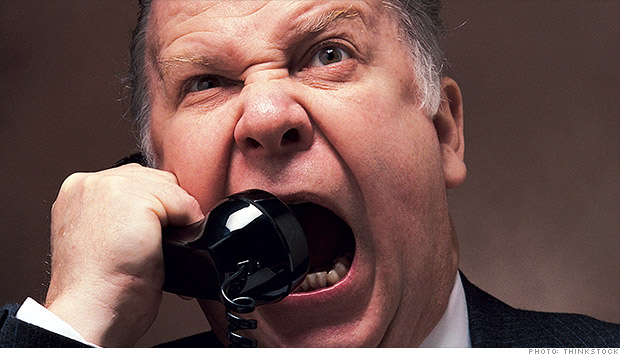
Preparing a successful Chapter 7 or Chapter 13 bankruptcy involves many steps. One of the most important steps in any bankruptcy is to ensure that you have listed all of your creditors. Here’s why.
After a Chapter 7 or Chapter 13 bankruptcy is filed, the court will send every creditor a notice of bankruptcy filing. This notice tells your creditors that you have filed bankruptcy. The notice also gives your creditors information about your case such as the date of your bankruptcy meeting of creditors. The notice also contains important deadlines.
The court will only mail this notice to creditors that have been properly listed on the bankruptcy schedules. After all, the bankruptcy court does not know who you owe money to. The court simply takes information that is provided on your bankruptcy paperwork and uses that information to notify all of the relevant parties.
One question that I am often asked is what to do when a creditor has sold a debt or assigned it to a collection agency. My rule is to be as thorough as possible when listing bankruptcy creditors. I prefer to list the original creditor, such as capital one, and also the collection agency that the debt is it assigned to, such as Midland Funding LLC. This ensures that all appropriate parties receive your notice of bankruptcy. It also ensures that each creditor will stop contacting you once your bankruptcy is filed.
Another trick is to make sure that you notify your creditors at the appropriate mailing addresses. Look on your debt statements for a “correspondence address.” This address might be different than the payment address. You also might need to use Google or other tools in order to locate the mailing address for your various creditors. Sometimes this information is not easy to find on a creditor’s website.
The bottom line is that you should take time to ensure that you list all of your creditors at the right address on your bankruptcy paperwork. Bankruptcy law and the rules of the bankruptcy court tell you that only properly listed debts will be discharged in your bankruptcy. The main point of this article is this: list all of your debts, even debts that you are not sure about.
After going through bankruptcy, you don’t want to discover that you forgot to list major creditors. Dealing with creditors after your bankruptcy is over can be difficult. Getting things right at the beginning will help you down the road.
Please call my office if you have any questions about filing bankruptcy in Sacramento. My phone number is (916) 333-2222.

 Going through a Chapter 13 Bankruptcy can be confusing enough without tax season sneaking up behind you. In this post, I will go through some frequent questions regarding Chapter 13 bankruptcy and taxes.
Going through a Chapter 13 Bankruptcy can be confusing enough without tax season sneaking up behind you. In this post, I will go through some frequent questions regarding Chapter 13 bankruptcy and taxes. 

